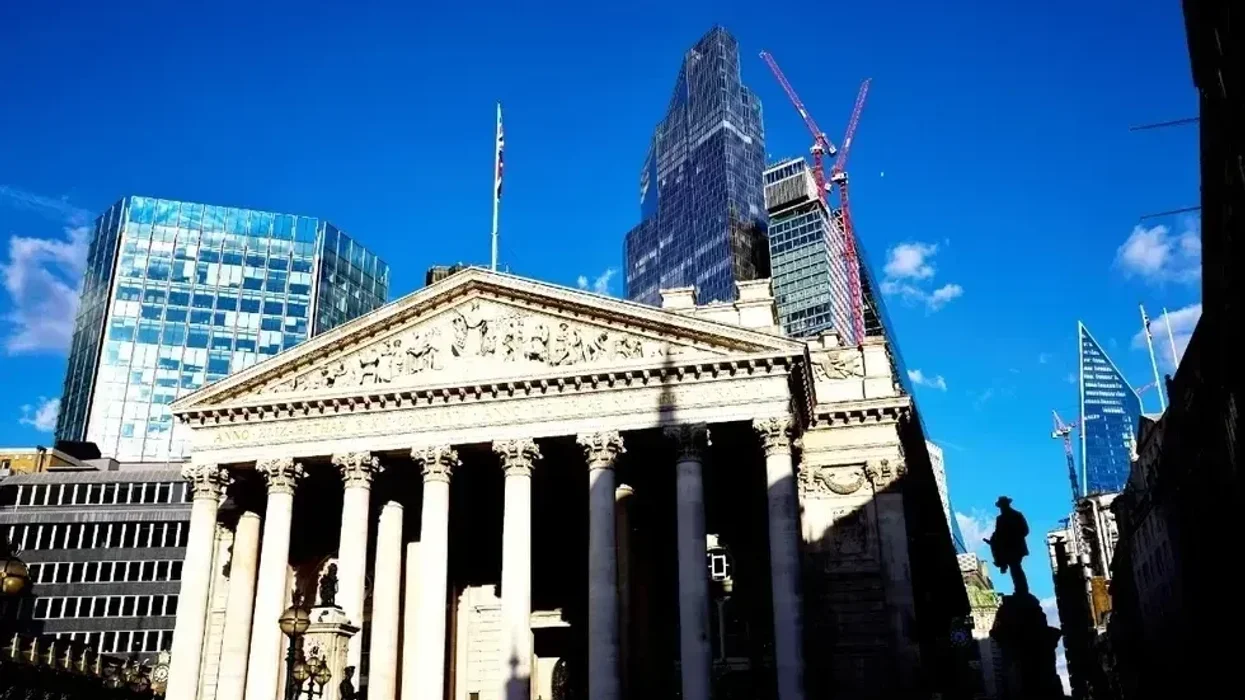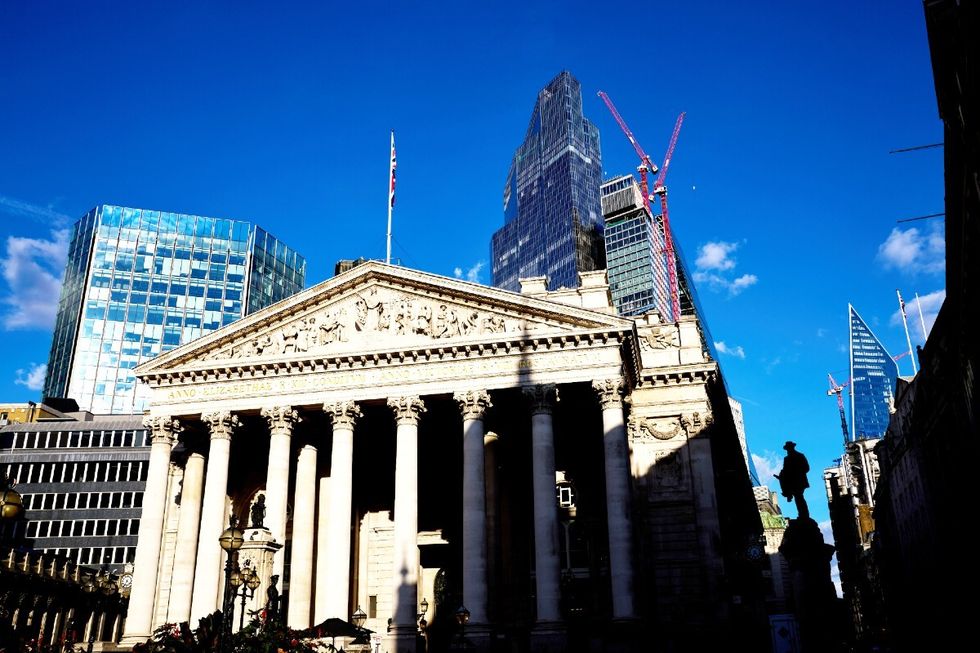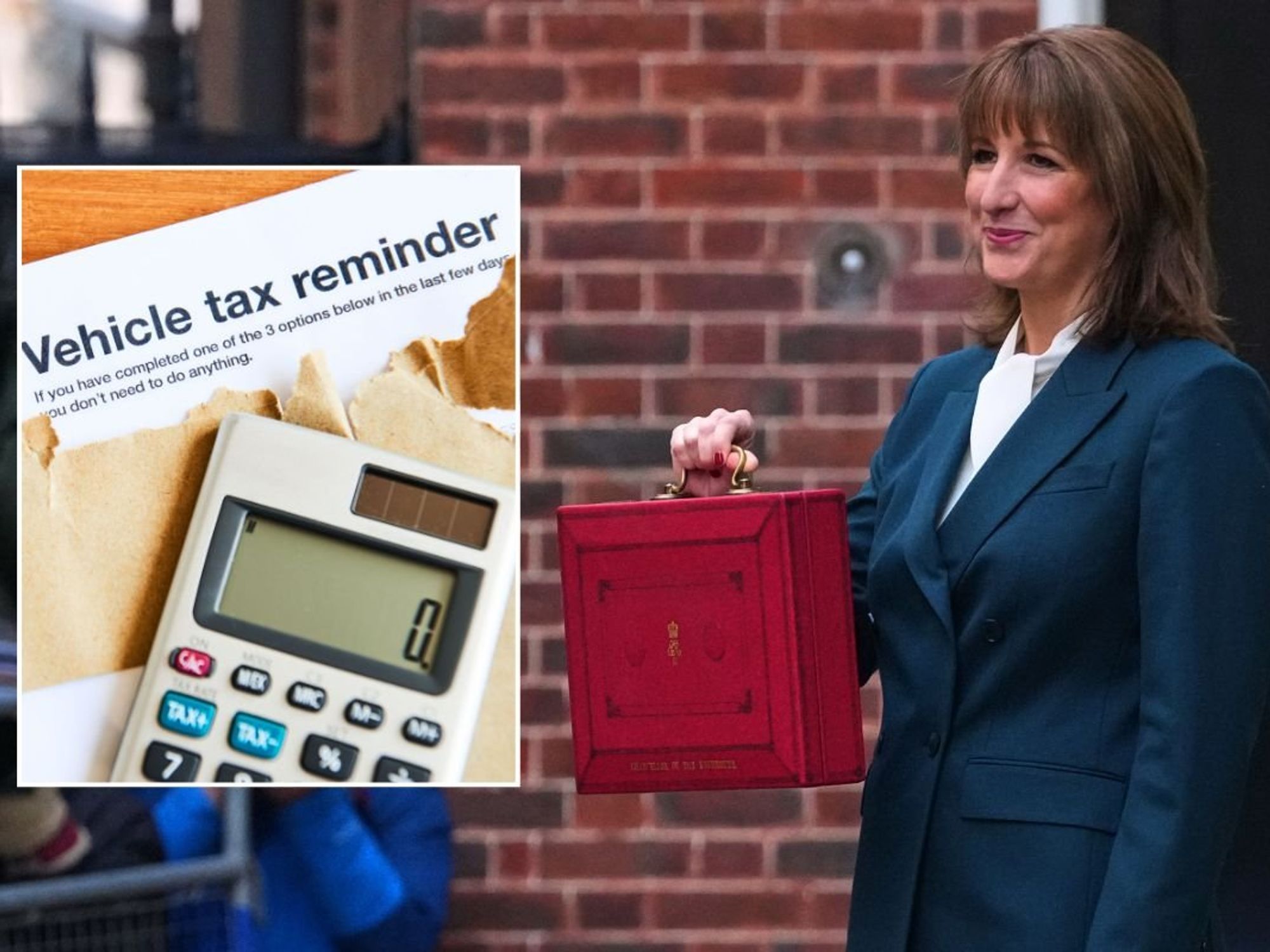Brexit Vindicated: The resurgence of the London Stock Exchange

The narrative that Brexit would cripple the UK's financial markets has been turned on its head
|PA
The narrative that Brexit would cripple the UK's financial markets has been turned on its head
Don't Miss
Most Read
Latest
For years, Brexit critics have sounded the alarm, predicting economic doom for the UK following its decision to leave the European Union.
They pointed to a myriad of challenges—the devaluation of the pound, recession fears, and a supposed exodus of businesses—as evidence that the UK was on a path to financial ruin. Yet, recent developments in the stock market tell a different story, one that proves the naysayers wrong.
Data from Bloomberg reveals that the London Stock Exchange (LSE) has reclaimed its position as Europe’s most valuable stock market, surpassing the Paris Stock Exchange with a total valuation of $3.18 trillion compared to Paris’s $3.13 trillion.
This milestone marks a significant recovery after nearly two years of underperformance. Analysts attribute this resurgence to a variety of factors, including reduced uncertainty in the UK market and strategic reassurances from political leaders.

The narrative that Brexit would cripple the UK's financial markets has been turned on its head
|PA
The narrative that Brexit would cripple the UK's financial markets has been turned on its head.
The LSE's performance was indeed impacted by short-term factors such as the mini-budget fallout and a weak pound.
However, the enduring strength and resilience of the UK market have ultimately prevailed. This recovery highlights the robustness of the UK's financial infrastructure and the effectiveness of its policies in stabilising the market.
In contrast, the French market has struggled due to political instability. The uncertainty surrounding France's upcoming election has led to market jitters, demonstrating that political uncertainty within the EU can also significantly impact financial stability.
Investors' preference for stability and predictable economic policies has worked in the UK's favour, with both the Conservative and Labour parties striving to present themselves as reliable stewards of the economy.
Moreover, the London market's challenges over the past decade—such as competing with the allure of American exchanges—are not unique to the UK.
While some companies have opted to list in the US, this trend is a global phenomenon and not a consequence of Brexit.
The relative undervaluation of British stocks presents a compelling opportunity for investors, suggesting that the market has significant potential for growth.
Critics often overlook the broader economic context.
The US market’s dependency on a few high-value tech stocks poses a risk of overvaluation, whereas the UK's more diversified market composition offers a stable investment environment.
As interest rates stabilize and the cost of borrowing decreases, British companies are poised for further growth, making the LSE an attractive proposition for global investors.
The recovery of the London Stock Exchange is not just a financial milestone; it is a testament to the resilience of the UK’s economy post-Brexit.
It underscores that the UK can thrive independently, contrary to the bleak predictions of Brexit opponents.
The flexibility to navigate global financial challenges and capitalize on investment opportunities affirms the strategic advantage gained from reclaiming economic sovereignty.
In conclusion, the resurgence of the London Stock Exchange serves as a powerful rebuttal to anti-Brexit commentary.
It demonstrates that the UK’s economic future is bright, capable of overcoming challenges and seizing opportunities in a rapidly changing global market.
Far from being a disaster, Brexit has allowed the UK to prove its economic mettle and position itself as a formidable player on the world stage.










